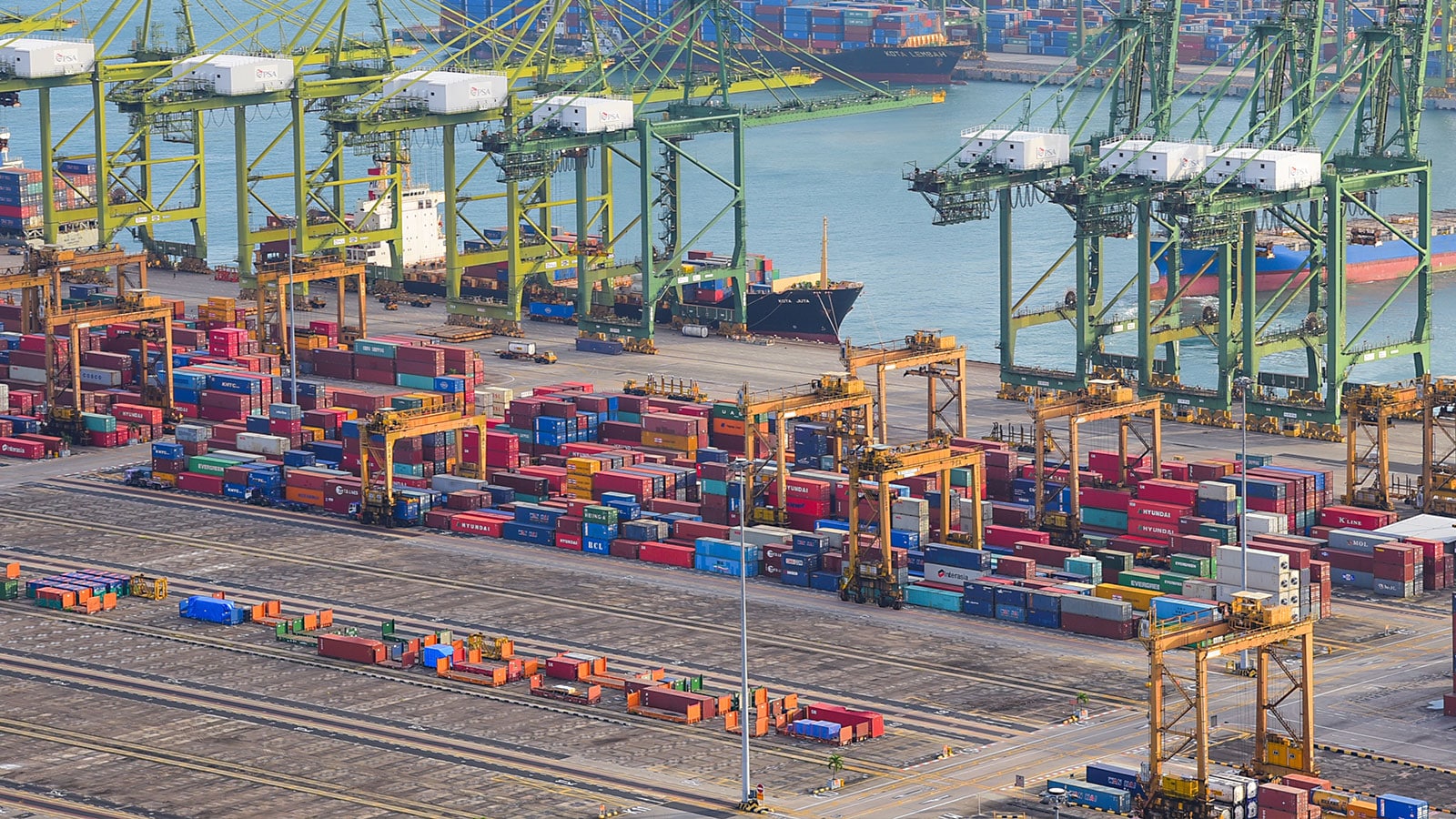To combat the circumvention of export controls, the 12th EU sanctions package of 18 December 2023 introduced a specific contractual obligation for the first time in the form of the ‘No Russia clause’.
As of 20 March 2024, companies exporting certain goods and technologies must comply with this new regulation. This provision, which is laid down in Article 12g of EU Regulation 833/2014, aims to prevent the circumvention of sanctions against Russia.
1 Situation in Switzerland
On 31 January 2024, the Federal Council decided to adopt the 12th EU sanctions package against Russia and therefore increase its impact. In conjunction with this, the ‘No Russia clause’ has now been included in Article 14f of the Ordinance on Measures Connected with the Situation in Ukraine (SR 946.231.176.72), which entered into force on 20 March 2024 (AS 2024 51): The Ordinance of 4 March 2022 on Measures Connected with the Situation in Ukraine (in German).
The following should be noted: Companies affected by this regulation must include a clause in their contracts that contractually prohibits the re-export of goods to Russia or their use in Russia. This applies in particular to companies that manufacture or distribute goods in the aerospace sector as well as jet fuels and fuel additives, firearms and electrical equipment. Companies should check the lists of goods referred to in Article 14f to make sure that they aren’t affected by this regulation. Details are available at: SECO
2 Need for action and outlook
What obligations do companies have?
Article 14f of the Ordinance on Measures Connected with the Situation in Ukraine requires companies to include a clause in their contracts regarding the:
- sale
- delivery
- export and
- transport
of goods or technology to third countries, prohibiting re-export to Russia and re-export for use in Russia.
In addition to this, Article 14f paragraph 3 requires companies to report to the relevant national authorities (in Switzerland, the Federal Department of Economic Affairs, Education and Research (EAER) and the State Secretariat for Economic Affairs (SECO)) if they become aware of an infringement by the counterparty.
In order to comply with the ‘No Russia clause’, the additional contractual agreement relating to ‘appropriate remedial measures’ to be taken in the event of a breach of the clause by the counterparty is mandatory in accordance with paragraph 2 of Article 14f. These remedial measures must be adequately strong and aimed at deterring companies outside Switzerland from committing infringements. Appropriate remedial measures include, for example, termination of the contract or payment of a penalty in the event of a breach of contract.
Area of application
The following goods and technologies are affected by the new regulation:
- goods for use in the aerospace industry, as defined in Annex 3
- jet fuels and fuel additives, as defined in Annex 19
- high-priority goods, as defined in Annex 31:
- These goods include electronic components such as integrated circuits and high frequency transmitter and receiver modules, as well as goods essential for the manufacture and testing of the electronic components of printed circuit boards and the manufacture of complex, high-precision metal components.
Excluded from the regulation are contracts with business partners from the EEA or one of the listed partner countries:
- USA
- Japan
- United Kingdom
- South Korea
- Australia
- Canada
- New Zealand
- EEA (EU, Iceland, Norway and Liechtenstein)
Scope of application
According to Article 35 paragraph 29 of the Ukraine Ordinance, the contractual obligation to prevent re-export under Article 14f paragraph 1 shall not apply to transactions contracted before 1 February 2024 and fulfilled by 20 December 2024 or for which the contracts have expired, whichever is earlier.
Contracts concluded before 1 February 2024 and which run beyond 20 December 2024 must be updated in accordance with Article 14f and must contain a corresponding ‘No Russia clause’, which shall be agreed upon subsequently in the event of any doubt.
Agreement regarding a ‘No Russia clause’ must be demonstrable at the latest at the time of export, sale, delivery or transfer of the goods in question to the third country.
Important: This also affects companies that have since remained unaffected by measures related to the Russia sanctions.
At the same time, the clause can serve as a guide for companies that are interested in participating in the Russia sanctions, either out of foresight or out of their own interest and want to implement them contractually.
Interpretation aid
The interpretation aids published are not legally binding and contain model clauses which can’t be adopted as a one-size-fits-all solution. Here, the specific requirements must be examined in each individual case and with regard to the respective partner country and the goods delivered. It’s also important to consider the extent to which contract adjustments are possible. In this context, we’d like to point out that Germany and China, for example, regulate or prohibit the issuing of boycott declarations.
3 Our services – your key to compliance, growth and success
We’d be happy to support you in this context, especially with regard to the strategic definition of the derived requirements and the operational implementation for the design and execution of corresponding mechanisms and clauses in your contractual regulations.
Editorial
This blog article reflects the situation as at 13 May 2024. We’d like to point out that the political situation is extremely dynamic and that changes in the law can occur at short notice. We will keep you up to date on all further developments.







